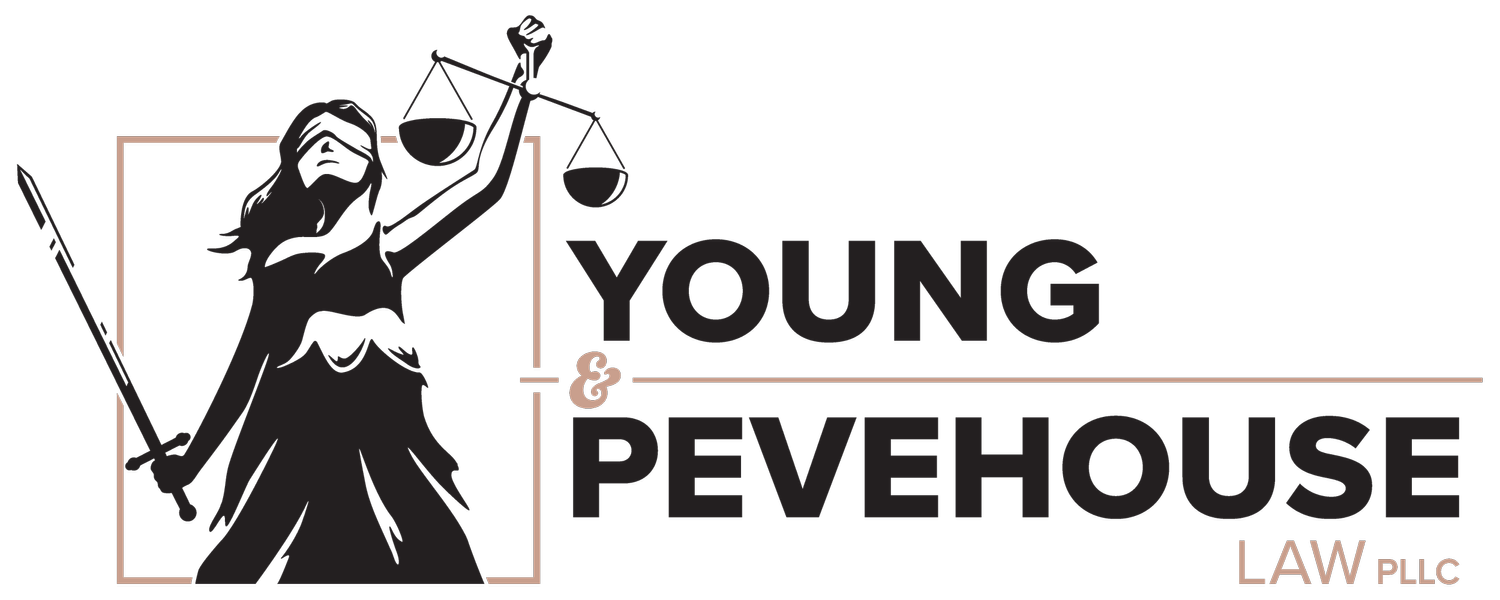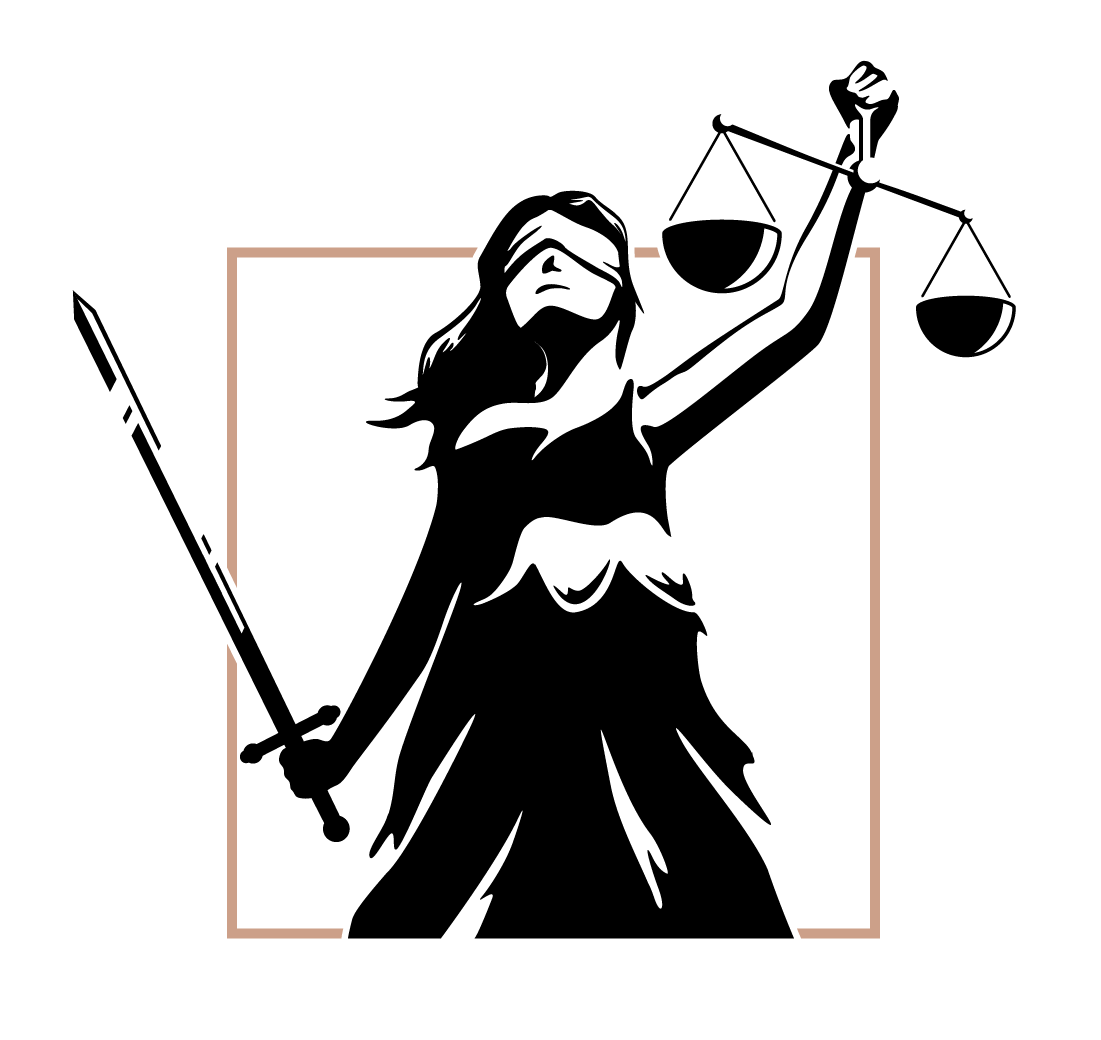Rap on Trial: Dissecting the Legal Drama of Young Thug, Gunna, and YSL
In the world of music, few events have reverberated as profoundly as the legal entanglement of Young Thug, Gunna, and their associates from the Young Stoner Life collective. The trial, marked by a 56-count RICO case and a myriad of legal complexities, has not only gripped the hip-hop community but also sparked a critical conversation about the intersection of artistic expression and legal repercussions.
The genesis of this legal saga traces back to a sprawling indictment portraying YSL as a "criminal street gang." The indictment alleges numerous criminal activities, drawing evidence from various sources including lyrics, social media posts, and clothing affiliated with the collective. The case has been underscored by serious charges, including attempted armed robbery, murder, and involvement in violent crime, amidst a surge in violent incidents in Atlanta.
A pivotal point of contention revolves around the use of rap lyrics as admissible evidence in court. The prosecution has cited songs and lyrics to allege gang affiliation and racketeering activities, igniting debates about the limits of artistic expression and its relationship with the criminal justice system.
The legal proceedings have seen various twists and turns, from the denial of bond for Young Thug and Gunna multiple times to their plea deals. Gunna's case, in particular, culminated in an Alford plea, allowing him to maintain innocence while pleading guilty, leading to his release with certain conditions, including community service.
The trial itself, which commenced after prolonged administrative delays and jury selection challenges, has been a lengthy and intricate process. Opening statements presented starkly contrasting narratives, with Young Thug's attorney emphasizing that the rapper's persona and lyrics were mischaracterized by the prosecution. The defense argued that the acronym "Thug" embodied religious convictions, countering the alleged gang association.
Key figures involved in the trial include district attorney Fani Willis, known for her tough stance against alleged gang-related crimes. Willis's approach, employing the RICO law and citing lyrics as incriminating evidence, has sparked criticism and debates within legal and artistic circles.
Amidst the legal battles, the music industry rallied in support of the accused artists. Prominent figures expressed solidarity through their music and public statements, advocating for the protection of artistic freedom and decrying the use of creative expressions as legal ammunition.
However, this legal saga isn't just confined to the courtroom drama. Allegations of witness intimidation, concerns about jail conditions, and the nuanced nature of plea deals have added layers of complexity to the case. Moreover, the intertwined relationships between the district attorney and individuals involved in the case have raised questions about potential conflicts of interest.
As the trial continues to unfold, it poses broader questions about the criminal justice system's treatment of artists, particularly Black musicians, and the delicate balance between creative expression and legal accountability.
The legal battle faced by Young Thug, Gunna, and the YSL collective stands as a poignant reminder of the complex interplay between art, culture, and the law. It serves as a catalyst for introspection and dialogue, urging a reevaluation of the mechanisms used to interpret creative works within the realm of legal proceedings.

